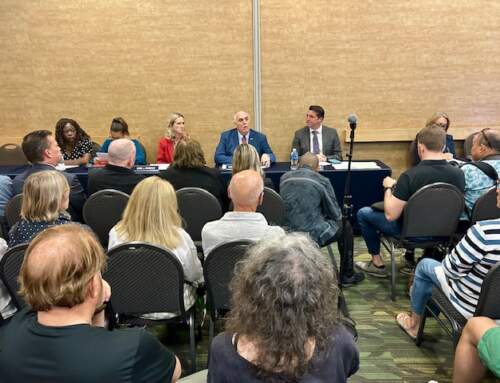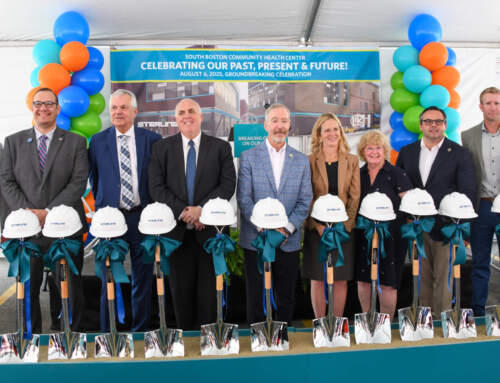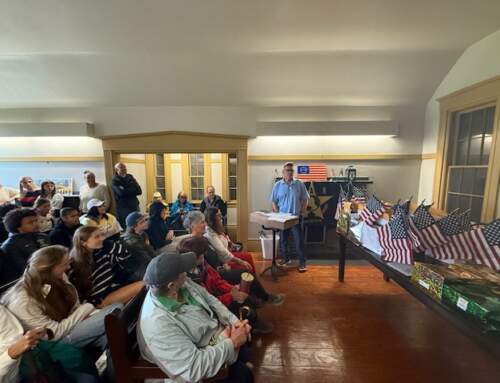JANUARY 23,BOSTON, MA –
Today, Congressman Stephen F. Lynch (D-Boston), the lead Democrat on the National Security subcommittee, wrote to President Donald J. Trump calling for an operational bipartisan Privacy and Civil Liberties Oversight Board. Currently, the Privacy and Civil Liberties Oversight Board consists of only two members, has no chairman, and lacks the quorum necessary to do its work. Congressman Lynch urged the President to appoint a full membership to the Board so it can fulfill its critical mission to conduct robust oversight of United States counterterrorism policies and programs in the shared interest of national security and the protection of privacy and civil liberties.
“The Privacy and Civil Liberties Oversight Board plays a critical role in protecting Americans’ privacy and civil liberties and ensuring the counterterrorism programs we have in place play an essential role in promoting our national security. President Trump should act swiftly to nominate a full Board so it can continue its important work to increase transparency and accountability for key counterterrorism policies and implement safeguards against unwarranted governmental intrusion on privacy and civil liberties,” said Congressman Lynch.
In particular, the letter cites the Implementing Recommendations of the 9/11 Commission Act of 2007, which states that the Board “must consist of a full-time chairman and four additional members, appointed by the President with the advice and consent of the U.S. Senate for non-concurrent six year terms. No more than three members can represent the same political party. In order to initiate investigations and policy reviews, conduct official business, and hold public hearings, the Board is required to maintain a quorum of at least three members. Moreover, only the Board chairman is authorized to appoint staff.”
The letter notes that as of January 2017, “the Board consists of only two members, both of whom represent the same political party and one whose term is scheduled to expire at the end of the month. As a result, the Board cannot satisfy the quorum necessary to do its job and will remain unable to carry out its responsibilities absent the nomination and confirmation of new members.”
Congressman Lynch highlighted a recent Politico report by Adam Klein of the bipartisan Center for a New American Security, which emphasizes the need for the government to both protect both national security and civil liberties. Klein notes that “a functioning credible independent board is good for the intelligence community” and the American public’s privacy. In addition, the letter notes Klein’s statement that “the board’s reports can help legitimize controversial programs and prove to skeptical allies that the U.S. prioritizes privacy protections. By contrast, a defunct board would be an embarrassing eyesore on the oversight landscape, degrading U.S. credibility and fueling skepticism abroad.”
The Privacy and Civil Liberties Oversight Board most notably conducted a comprehensive review of the National Security Agency’s bulk telephone records program in 2013. In its final report, the Board concluded that the program demonstrated a limited counterterrorism value while also lacking a viable legal foundation and implicating First and Fourth Amendment constitutional concerns. The Board recommended that the government terminate the program, which proved instrumental as Congress sought to develop meaningful surveillance reform legislation and ultimately enacted the landmark USA Freedom Act on a bipartisan basis in June of 2015. Congressman Lynch voted for the USA Freedom Act, when it passed the House by a vote of 338-88.





